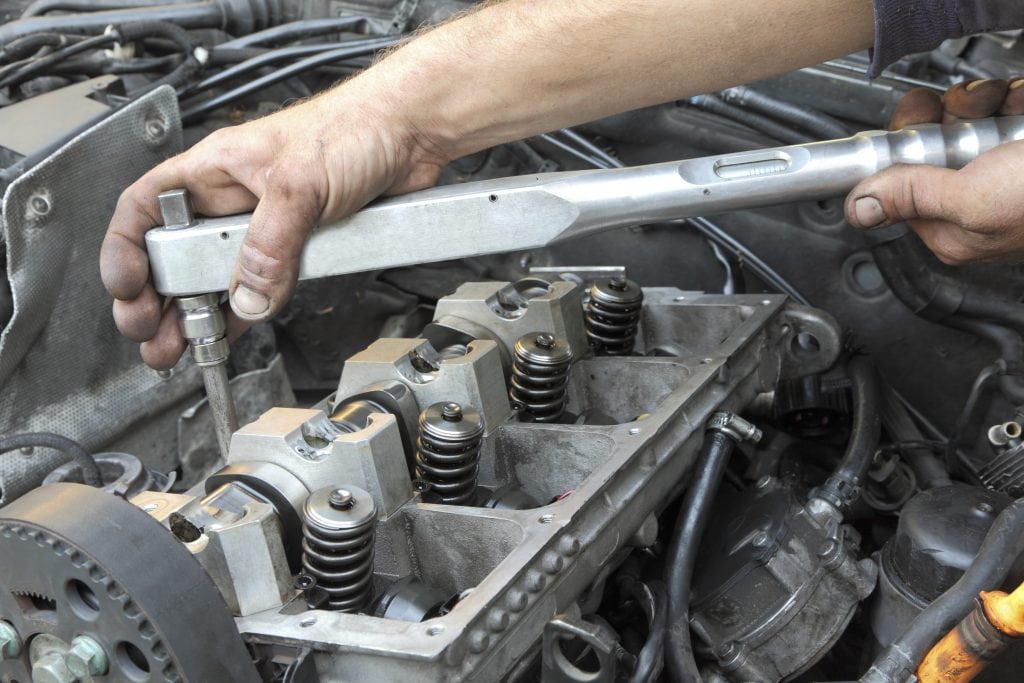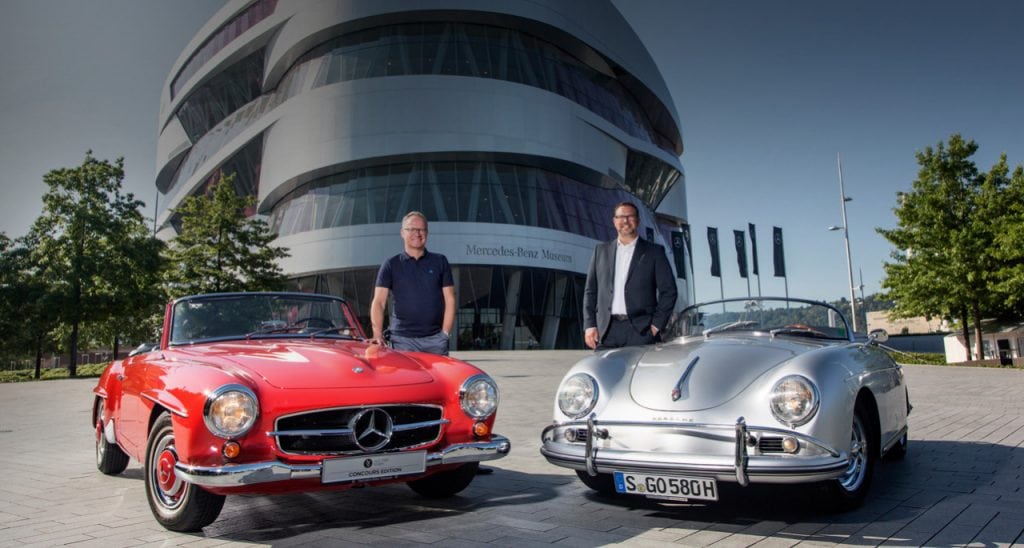The automotive industry is a major contributor to America’s economy, and cars are some of our nation’s most successful exports. Jobs in the auto industry range from engineers and designers, to mechanics, to journalists, to salespeople and even bodywork specialists.
If you love cars and want to work in the industry, there are many opportunities. Just like in any industry, the most sought-after positions will take years of work and dedication to achieve. Don’t expect to become a test driver at Porsche tomorrow. Start small, learn the basics on your own time and practice your craft until you’re the best.
Design and Engineering
A four-year degree is a good place to begin if you want a spot early in the conception process for new models. A mechanical engineering degree is a good place to start. For designers, there are dedicated trade schools, and some universities offer four-year programs in design.
Keep in mind that you may not get to work close to cars in these roles. Engineers and designers are involved in creating new ideas and refining existing vehicles. That means you’ll spend a lot more time around parts and sculptures than whole cars.
Learning to Be a Mechanic
Technicians are always in demand in the automotive industry. Many avenues can lead you to a career turning wrenches — some lead to a place at a dealership or corporate operation, while others will land you running a small garage of your own. Both routes have their pros and cons.
You can learn a lot about cars just by working on your ride at home. Make sure you’ve got a serviceable workspace that’s safe to work in, get yourself some basic tools and a service manual and commit to doing your own repairs.
Once you’ve got the basics down, you can pursue a serious program. That might mean attending a trade school and choosing a specialty like diesel engines or ECU tuning, or getting an entry-level job with a marque that offers in-house training. As you develop more skills, manufacturers and industry experts will become available to you.
Getting certified is the first major milestone in your career. After that, you can continue to develop your skills through additional clinics, supplementary programs and personal projects.
Driving
Wouldn’t it be great if we could all just grow up to be race car drivers? Not everyone wants that reality, but for those who do, motorsports are just as exclusive as any professional contest and orders of magnitude more expensive.
There are other options, however. You can be a professional driver for a business, get your commercial driver’s license and transport goods — an important role in our nation’s economy — or even get a side job with a ride-sharing service. If you’re not picky about what you’re driving, you can get paid to do what you love.
Other Jobs
You can be around cars even working in other industries. If you’ve got experience with cars and are a talented communicator, you could have a future in automotive journalism. Are you handy with a camera? Car shows, races and other public events make great material for photographers, and you’ll get to be around some of the best-looking cars.
Even if you’re just a kid looking for a foot in the door, there are opportunities out there. My first gig was detailing cars in a hot garage. I’m sure Jeff Gordon didn’t envy me, but I got to sit behind the wheel of cars I thought were completely unattainable at the time — only if it was just to move them from the shop to the parking lot.











